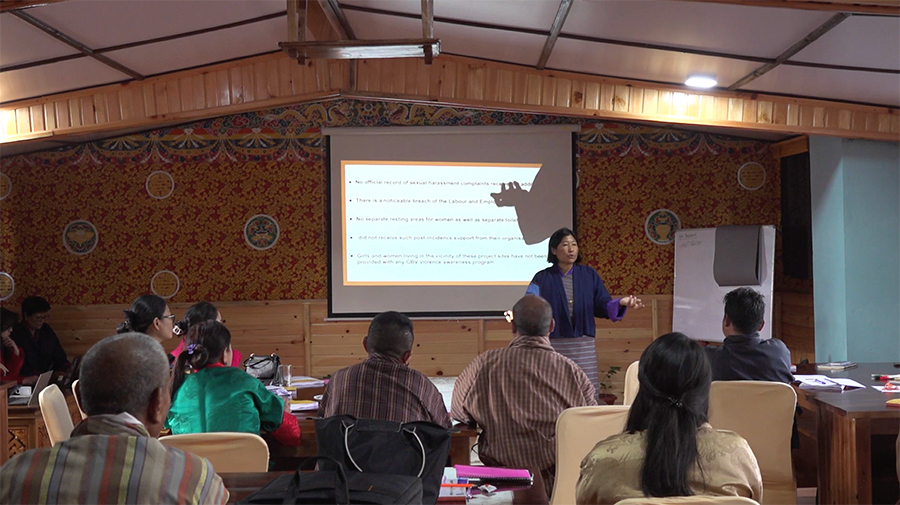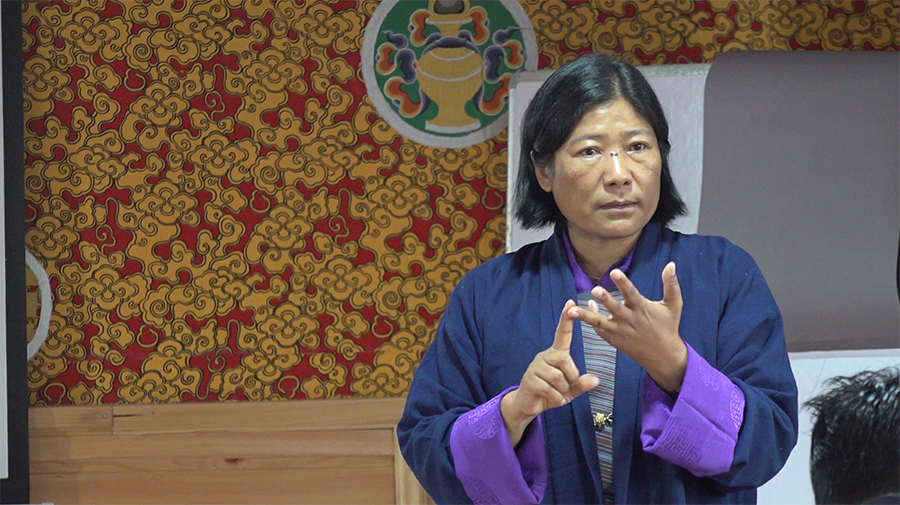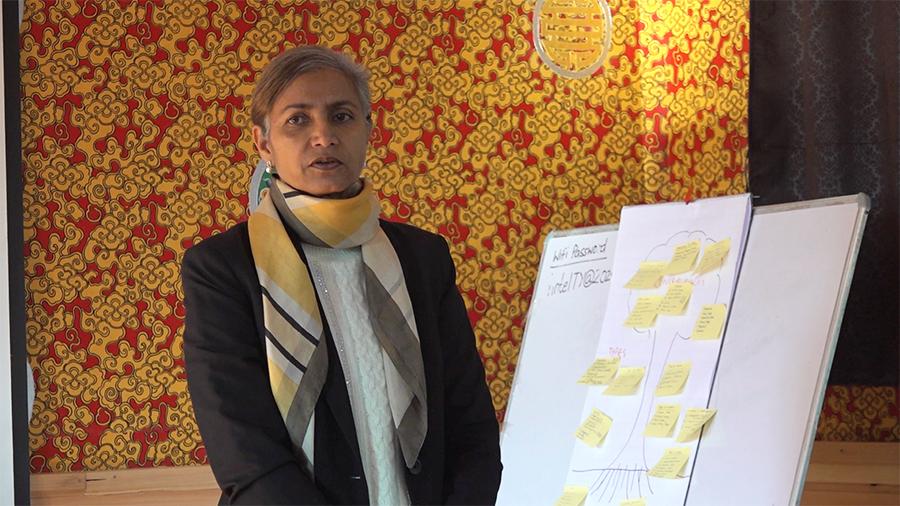
The National Commission for Women and Children, NCWC, says the risk of sexual harassment, abuse, and exploitation of women and girls near construction sites is likely to rise due to the increasing number of hydropower projects and developmental activities across the country. To prevent violence against women, the NCWC conducted a week-long training for around 60 officials from hydropower projects, local government, NGOs, and other stakeholders in Bumthang.
A 2021 NCWC gender assessment shows that girls and women living near hydropower construction sites have experienced emotional, physical, and sexual violence. Many cases go unreported due to fear of repercussions and further escalation.
To combat this, the training aimed to promote awareness of sexual harassment and gender equity in order to reduce violence against women.
 “According to recent plans, the government is considering constructing 5,000 megawatts hydropower. If we do not implement prevention strategies based on our assessment now, this issue will become more critical in the future,” says Yeshey Lham, Dy. Chief Counsellor, NCWC.
“According to recent plans, the government is considering constructing 5,000 megawatts hydropower. If we do not implement prevention strategies based on our assessment now, this issue will become more critical in the future,” says Yeshey Lham, Dy. Chief Counsellor, NCWC.
 WHO Representative to Bhutan, Dr Bhupinder Kaur Aulakha says,“Violence against women is something which cannot be tolerated, whether it is physical or sexual, or even emotional. WHO is fully committed to supporting efforts against violence targeting women and children alongside theNCWC.”
WHO Representative to Bhutan, Dr Bhupinder Kaur Aulakha says,“Violence against women is something which cannot be tolerated, whether it is physical or sexual, or even emotional. WHO is fully committed to supporting efforts against violence targeting women and children alongside theNCWC.”
During the training, participants learned to use various mechanisms to identify and address sexual abuse and harassment. The training aims to equip them with the skills necessary to prevent and respond to violence.
“I learned about the importance of forming workplace committees to address gender-based violence,” says Sangay Chophel, Liaison Officer, PHPA 1.
“I came to know that domestic violence happensat the project sites. This training gave me the confidence to create continuous awareness in my gewog,” adds Kinley Wangchuk, Gase Tshogom Mangmi, Wangdue Phodrang.
“I now understand the procedures for addressing violence and rendering necessary services. This training will enable us to respond more effectively,” says Sonam Lham, Dakar Mangmi, Wangdue Phodrang.
The participants were also educated on the laws and consequences related to sexual harassment and child abuse.
The training, which concluded today, was funded by WHO Bhutan.
Changa Dorji, Bumthang
Edited by Sangay Chezom









